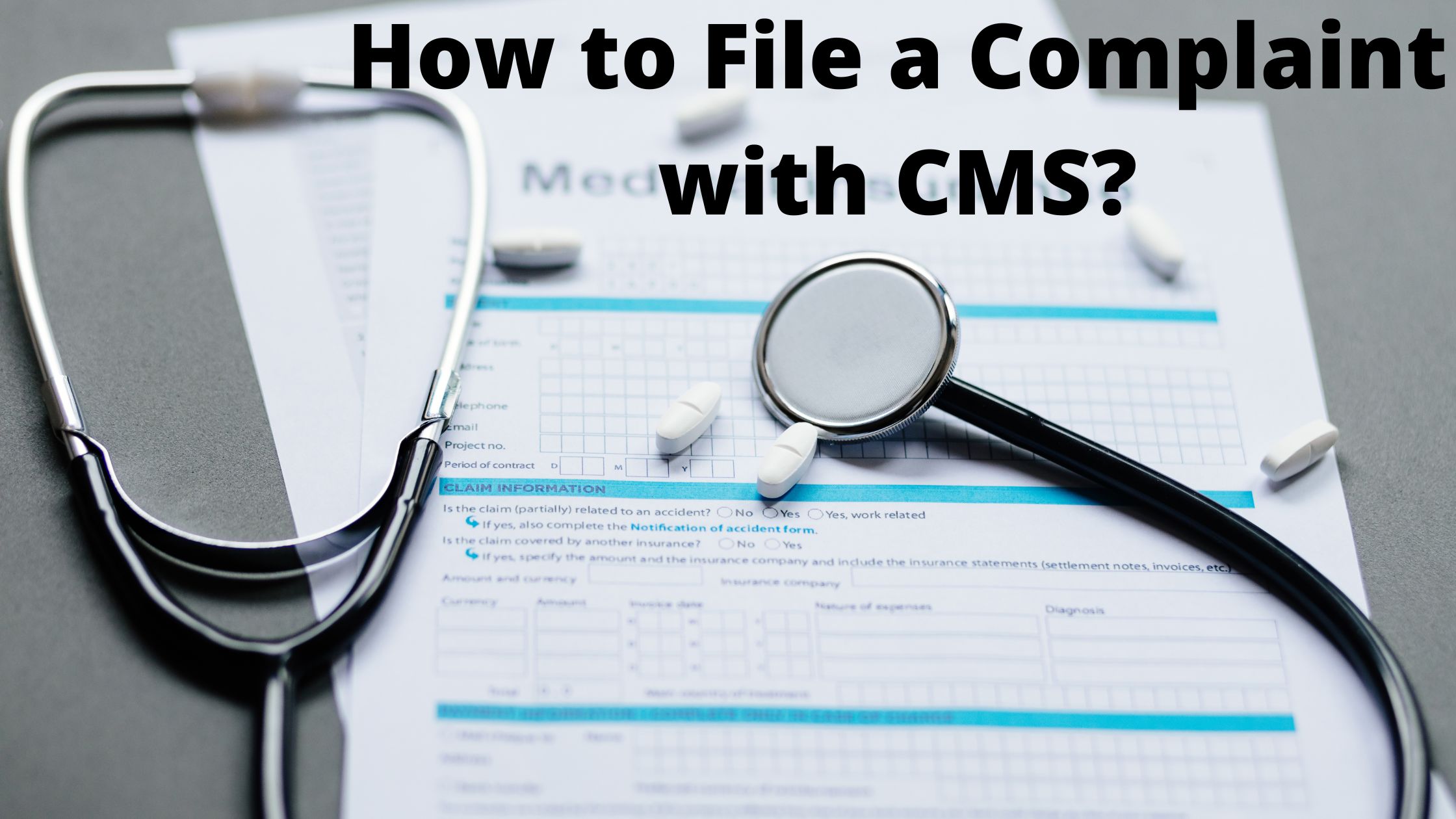When you’re in pain and need to be transported to the hospital, you hope that Medicare will cover the cost of your ambulance ride. Unfortunately, that’s not always the case. In this article, we’ll explain how Medicare determines whether or not to pay for ambulance transportation, and give you tips on how to negotiate if your insurance company is refusing to cover the cost.
What To Do If Medicare Denies Ambulance Transport
If you are concerned about whether Medicare will pay for ambulance transport, you should first contact your insurance company. Medicare may not be able to cover all of the costs of ambulance transport, so it is important to find out which parts of the transport are covered by your policy. You could also contact Medicare directly to ask about their policy on ambulance transport. If you have already made arrangements for ambulance transport and your Medicare policy does not cover the cost, then you will need to pay for the transport yourself.
Administrative Appeals Process
If Medicare denies coverage for ambulance transportation, the patient may be able to appeal the decision. There are a few different steps that must be followed in order to file an appeal. The first step is to contact Medicare directly and explain the situation. Medicare will then provide a form on which the patient must describe the circumstances of their ambulance transport.
After filing the form, the patient must wait for a response from Medicare. If Medicare denies the appeal, the patient can file a formal complaint with the federal government.
The Centers for Medicare & Medicaid Services (CMS)
Services (CMS) recently issued a reminder to hospitals that Medicare does not cover ambulance transportation for patients who are transferred from inpatient to outpatient settings. This policy change is effective for claims filed on or after October 1, 2013.
Hospitals may be facing increased costs as a result of this change and may need to consider alternative payment methods for ambulance transportation services.
The best way to avoid problems with Medicare reimbursement is to communicate with your hospital’s billing department and CMS representatives about your patient care protocols. Hospitals should also keep records of the dates and types of transfer arrangements made for their patients in order to facilitate reimbursement from Medicare.
How to File a Complaint with CMS?
If you have a Medicare claim that has been denied or has not been paid as expected, there are steps you can take to resolve the issue. The first step is to file a complaint with the Centers for Medicare and Medicaid Services (CMS). CMS is responsible for processing Medicare claims and issuing payments. If you have trouble resolving your claim with Medicare, filing a complaint may help get your payment processed more quickly.
To file a complaint, you will need to go to www.medicare.gov and click on “File a Claim” in the upper right-hand corner of the homepage. On the “File A Claim” page, under “How To File A Complaint”, select “Medicare Benefit Plan Complaint” from the drop-down menu.
Then follow the instructions on the “How To File A Complaint” page. You will need to provide information about your claim, such as your name, Social Security number, date of service, diagnosis code(s), and amount of the alleged payment error.
If you do not feel comfortable filing a complaint online, you can also call 1-800-MEDIC
What to Expect After Filing a Complaint with CMS
If you have a Medicare claim that is being denied or has been delayed, it’s important to understand your rights and how to file a complaint. Here are some key things to keep in mind: 1. Know what you are entitled to.
You are entitled to receive the benefits you were promised by Medicare when you enrolled in the program. You may be able to appeal a denial or delay of payment, but first make sure you know what your rights are. 2. File a complaint as soon as possible.
If you believe that your Medicare claim has been denied or delayed due to improper processing by CMS, file a complaint as soon as possible. You may be able to get faster service if you file your complaint within 60 days of receiving notice of the denial or delay. 3. Keep all documents related to your claim.
Keep all documents related to your Medicare claim, including any letters from CMS, copies of bills and invoices, and notices sent by mail. If you need more help understanding your rights, call CMS’s Customer Service Line at 1-800-MEDICARE (1-800-633-4227).
Conclusion
When you are faced with the possibility of needing ambulance transportation, it is important to be as prepared as possible. That means having a plan in place should Medicare decide not to pay for your transport. By knowing what to do if this happens, you can minimize the stress and anxiety that comes with an unexpected medical emergency.


